What does it mean to belong when home is both here and there, when your memories live in one place, but your future unfolds in another?
This year, as part of our Beyond Black: No Place Like Home series, we’ve been exploring the rituals and gatherings that held our communities together. From Owambe parties to weddings, Sunday church services to house parties in diaspora homes, these were more than celebrations. They were how we remembered who we were.
But in the quiet of migration—across oceans, seasons, and identities—many of us have learned that “home” is far more complex than geography. It’s connection. And sometimes, it’s something we have to rebuild from scratch.
Across the stories of people like Jermaine Craig, Dele, Debb, Kilubukila, and Nush, we find the spectrum of this journey: missing home, finding it again, romanticising the return, reclaiming roots, and sometimes, creating a new version of home altogether.
The Feeling You Can’t Name
To put into words the feeling of a city you’re in not feeling like home is difficult, to say the least. There’s a kind of shyness in admitting it, a quiet guilt that maybe you’re just being ungrateful, that maybe if you adjusted your mindset, you’d feel settled.
But there are some feelings you can’t logic your way out of.
For many across the diaspora, that feeling sits in the in-between: between airports and accents, WhatsApp calls and homesickness. It’s that subtle ache of belonging everywhere and nowhere at once.
Jermaine Craig captured this feeling perfectly in a LinkedIn post that resonated with thousands. “I’ve been trying to put words to that feeling,” he wrote. “What exactly is it that’s missing when I’m back in Europe after a long stretch in Africa? Living on the continent can be frustrating and tough. But it’s also exciting, alive, and engaging in a way that Europe just isn’t for me.”

He went on to say, “Since being back in London, I’ve been running around, busy with everything… but nothing feels truly additive or aligned with a future I want to end up living in.”
That yearning—the sense that your spirit is more alive elsewhere—is a feeling many who’ve lived between continents know intimately. Since writing that, Jermaine has now made the move to Nairobi. Maybe that’s what finding home again looks like: not just a place, but alignment.
The Return
The idea of “return” often comes with romanticism, dreams of warmth, familiarity, family. But in reality, it can be messy. You leave behind a version of yourself that learned to adapt abroad, and come home to a place that has changed while you were gone.
For Dele, the journey home was less about idealism and more about clarity. He had studied and lived in the UK, where, like many, he believed that living outside Nigeria was the ultimate sign of success. But that definition started to unravel.
In one of his recent reflections, he shared that moving back to Nigeria made him see that what he had been chasing wasn’t really what he wanted. “There’s no place like home,” he said simply.
The return, for him, wasn’t just geographical but you can’t replace that feeling of walking down familiar streets and hearing Pidgin or Yoruba spill into conversation; to be understood without translation. That’s the thing about home, it recognises you even when you’ve forgotten how to speak its language.
Romanticising the Return
For others, moving back can feel like defeat until it becomes liberation.
Debb, who had to move back to Nigeria after years abroad, confessed that she once saw it as a setback. “Moving back home is not the end of the world even though I swore it was going to be,” she wrote in her caption. But with time, her perspective softened. “When you stop comparing your journey to everyone else’s and choose to romanticize it, you’ll realize you can still live fully and beautifully right where you are.”
Her post read like a love letter to everyone trying to make peace with change. She encouraged her followers to set boundaries,“You’re grown now. Be clear about what you need.” To refresh their space, “Don’t move back into your old room the way you left it.” To rediscover their city, go to new restaurants, events, hidden spots, and do some of it solo.
And above all, to lean into community: “Find people who make you feel supported and seen. Community makes this season lighter and way more fun.”
Debb’s story reminds us that homecoming isn’t about recreating the past, it’s about creating something new that fits who you’ve become.
Reclaiming Home
For some, returning home is not about comfort but purpose.
When we spoke to Kilubukila, a Congolese designer and entrepreneur, his story stood out for its intentionality. After years of working in finance and tech in Europe, he decided to move back to Kinshasa, not out of nostalgia, but conviction.
“Before being French or British, I’m Congolese,” he told us. “I grew up with Congolese culture. I think that was the last piece of my identity I hadn’t fully experienced, not just through visits, but by actually living there.”
Since moving back, he has built a brand that reimagines Congolese craftsmanship for the modern era, furniture and design rooted in Kuba textiles, handmade by artisans on the continent. “I wanted something that reflected me as part of the African diaspora,” he said. “Not fully modern, not fully traditional, just a balance of both.”
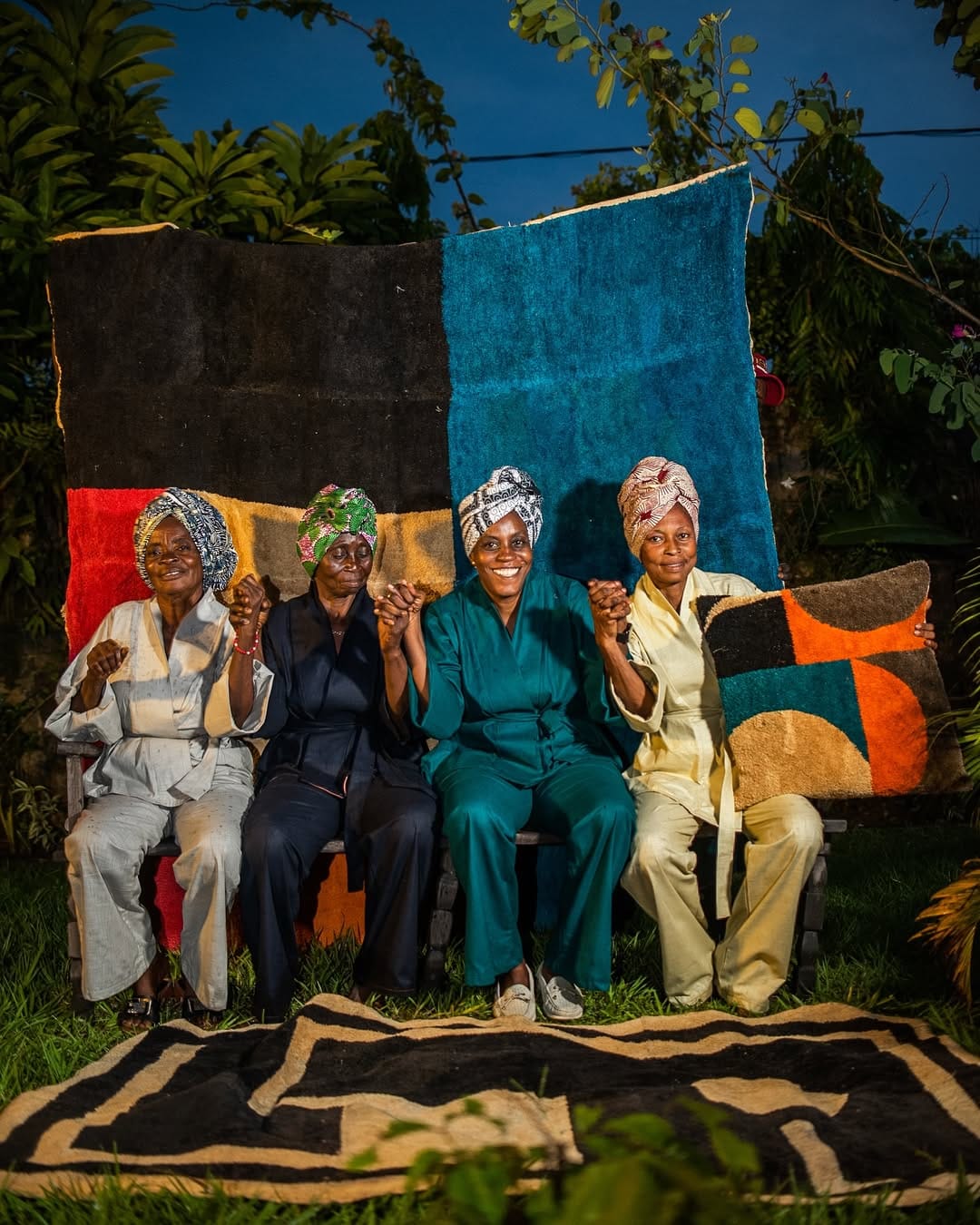
Through his work, home becomes not just a location but an act of reclamation. It’s a reminder that belonging can be built.
Making Home Somewhere New
But what happens when home is not where you’re from, but where you’ve chosen to stay?
Three years ago, Nush left London for Senegal with her family. Her Instagram post marking the anniversary reads like a diary of change: “We bought our first family home… got married… started a retreats business with my sister-in-law… supported my husband as his little market garden grew into a whole organic farm!”
It hasn’t been without loss or loneliness. “I miss my friends and family like crazy, only seeing them once a year if that,” she wrote. She’s experienced grief, miscarriage, and the challenges of motherhood far from her original home. Yet, amid it all, she’s built new community. “I’ve been taking a course to host sharing circles, especially for mums, because community has helped my mental health so much in motherhood.”
For Nush, home is the courage to say, “I belong here now,” even when it’s not always easy.
Coming Full Circle
Across all these stories—Jermaine finding alignment in Nairobi, Dele rediscovering peace in Nigeria, Debb choosing to romanticise her reality, Kilubukila reclaiming culture in Congo, and Nush building life in Senegal—there’s a shared truth: home isn’t static. It’s a living thing that grows and changes with us.
We may leave, return, or rebuild entirely, but the search for belonging remains the same. It’s in the music that reminds us of childhood, the language that slips out when we’re tired, the smell of stew on a Sunday afternoon, the laughter that fills a room full of people who get it.
As this year’s Beyond Black: No Place Like Home campaign draws to a close, we’re reminded that belonging is about connection. About the ways we gather, remember, and keep each other close, even across continents.
Because in the end, home isn’t just where you’re from. It’s wherever you’re known.


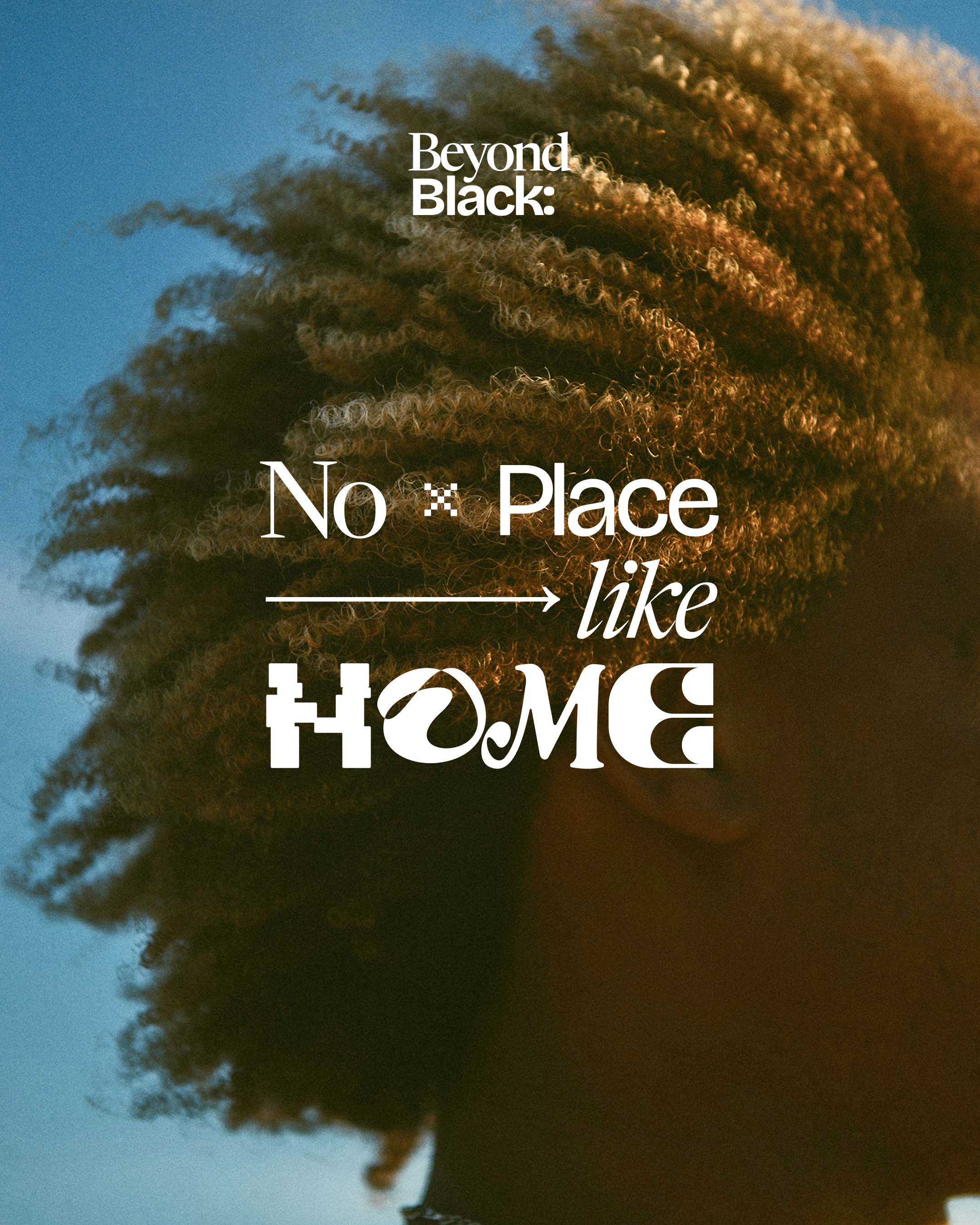



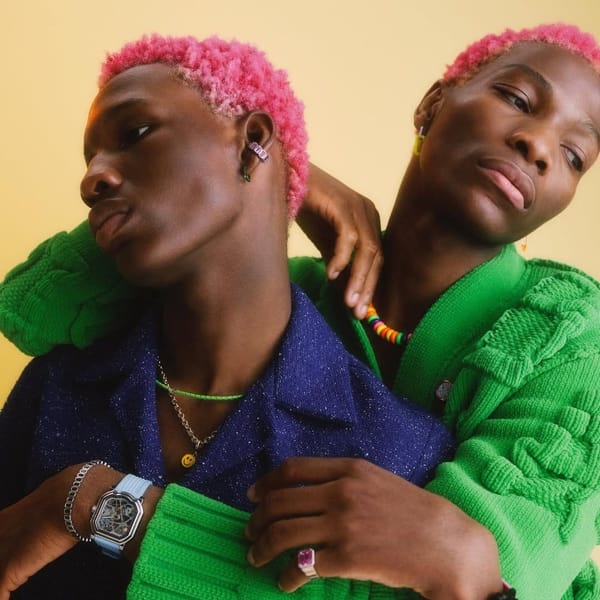


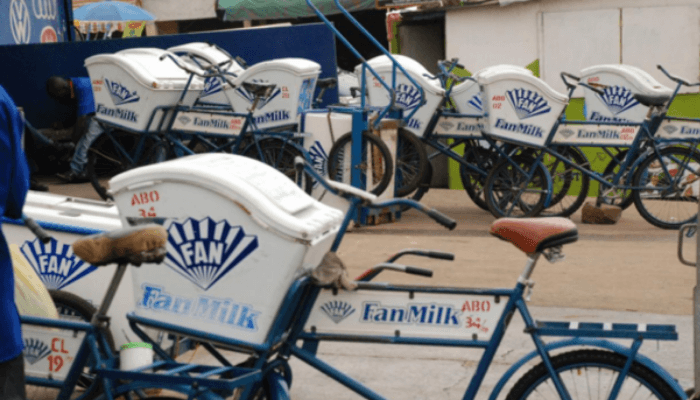
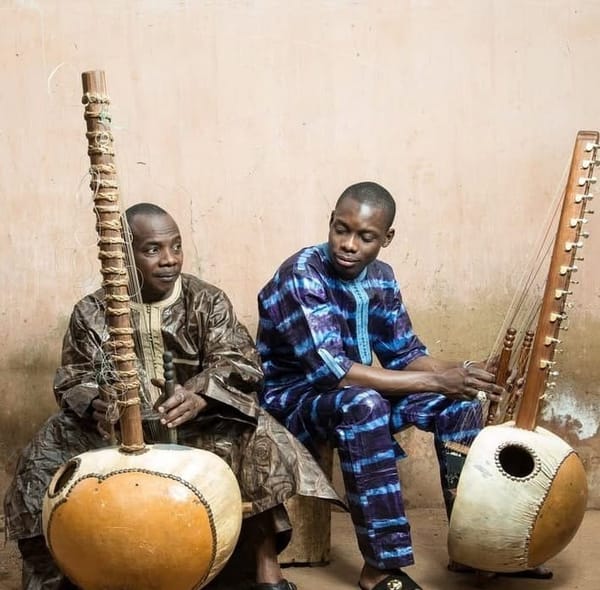
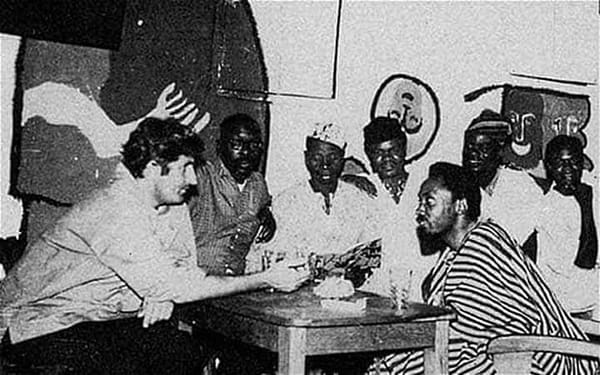
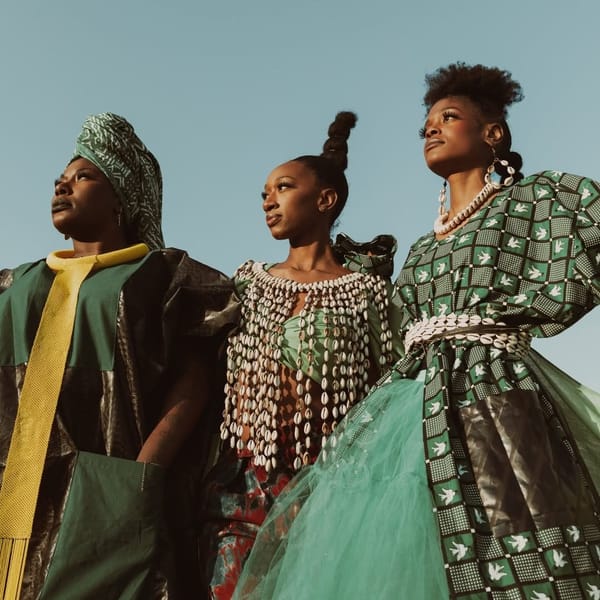
Member discussion